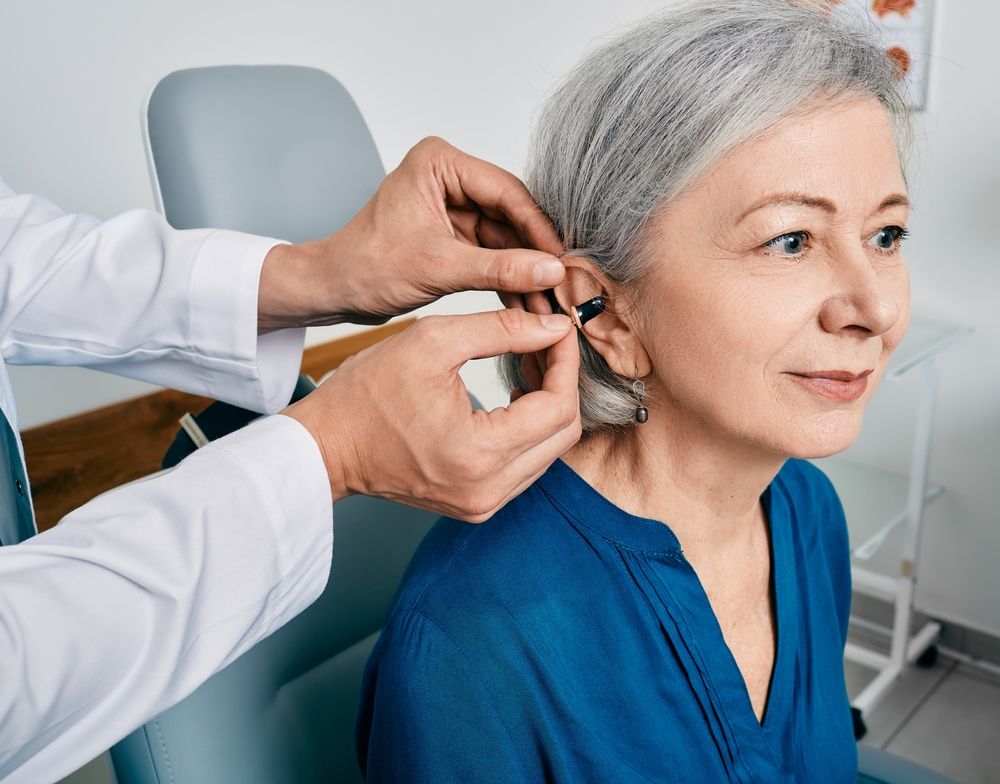Investing in your first set of hearing aids can be a mix of expectancy and uncertainty. Whether you’re anxious to enjoy conversations more clearly, reconnect with friends and family, or simply hear the world around you once more, it’s a big step toward better hearing health. With any unfamiliar circumstance, it’s normal to have concerns, particularly concerning the comfort of wearing hearing aids and the time required to become accustomed to them.
Lots of first-time users are not sure what to expect. Will the hearing aids feel bulky or awkward? Will day-to-day sounds seem too loud? Will it take a long time to get accustomed to them? These apprehensions are common, but with the correct support and a little determination, most people find that hearing aids become a worry-free and essential part of day-to-day life.
Let’s explore what to expect during the adjustment period and how you can make the transition as hassle-free as possible.
What to expect during the preliminary adjustment period
Do hearing aids cause discomfort? Initially, they can feel a little bit peculiar, particularly if you’ve never put anything in your ears regularly. Similar to adapting to a new pair of glasses or adjusting to a wristwatch , it requires time for your mind and body to become accustomed.
You will observe the most substantial changes in two primary areas in the initial weeks of using the product.
Physical sensation
You may encounter a sensation of discomfort or strangeness in your ear initially. This is completely normal. Many hearing specialists recommend easing into use, beginning with a few hours a day and gradually extending the duration.
Some minor inconvenience is okay, but pain is not okay. If your devices cause soreness or inflammation, don’t hesitate to get in touch with your hearing care provider. They can adjust the fit or try out a different style better suited to your ear shape.
Perception of sound
Experiencing day-to-day sounds that were formerly unnoticed can be one of the most unexpected facets of adapting to a new environment.
Initially, everyday sounds like the fridge’s gentle thrum, chirping birds, or the creak of your own footsteps can seem abnormally loud. This is because your brain is figuring out how to deal with a wider range of sounds again.
While it might seem like a lot to deal with, your brain will progressively adapt to disregard insignificant noises in the background and concentrate on important things like voices and music. This is just your auditory system “retraining” itself.
Suggestions for increasing the comfort and effectiveness of hearing aids
Luckily, there are various tactics available to assist in making you feel at ease and self-assured as you acclimate to your new hearing devices.
1. Start gradually
You don’t have to feel obligated to wear your hearing aids all day instantly. Begin with one to four hours a day, especially in quieter settings like your home.
Gradually build up as you become more comfortable with the feel and sound of the hearing aids.
2. Practice makes perfect
To help your brain adjust, wear your hearing aids while taking part in stimulating activities. Engaging in activities like reading along with audiobooks as you read or watching movies with subtitles can improve your ability to distinguish speech and improve your listening skills in an enjoyable way.
3. Stay in touch with your hearing specialist
Performance and fit are directly linked. If something doesn’t feel right, whether it’s how the device sits in your ear or how the sound is being handled, don’t wait. Your hearing care provider can adjust your devices and offer pointers for improved results. In some situations, a custom-fit hearing aid may be the best solution for your unique ear shape and needs.
Embracing your new hearing experience
You can expect a short transition time as you get used to wearing your hearing aids. With regular use, correct care, and support from your hearing specialist, your hearing aids will soon feel like second nature.
Instead of concentrating on the gadget, you will redirect your focus towards the pleasure of enhanced conversations, natural sounds, music, and regular social exchanges.
The key is patience, practice, and remaining proactive about your comfort. Soon, your hearing aids will not only improve how you hear, but also how you live.

